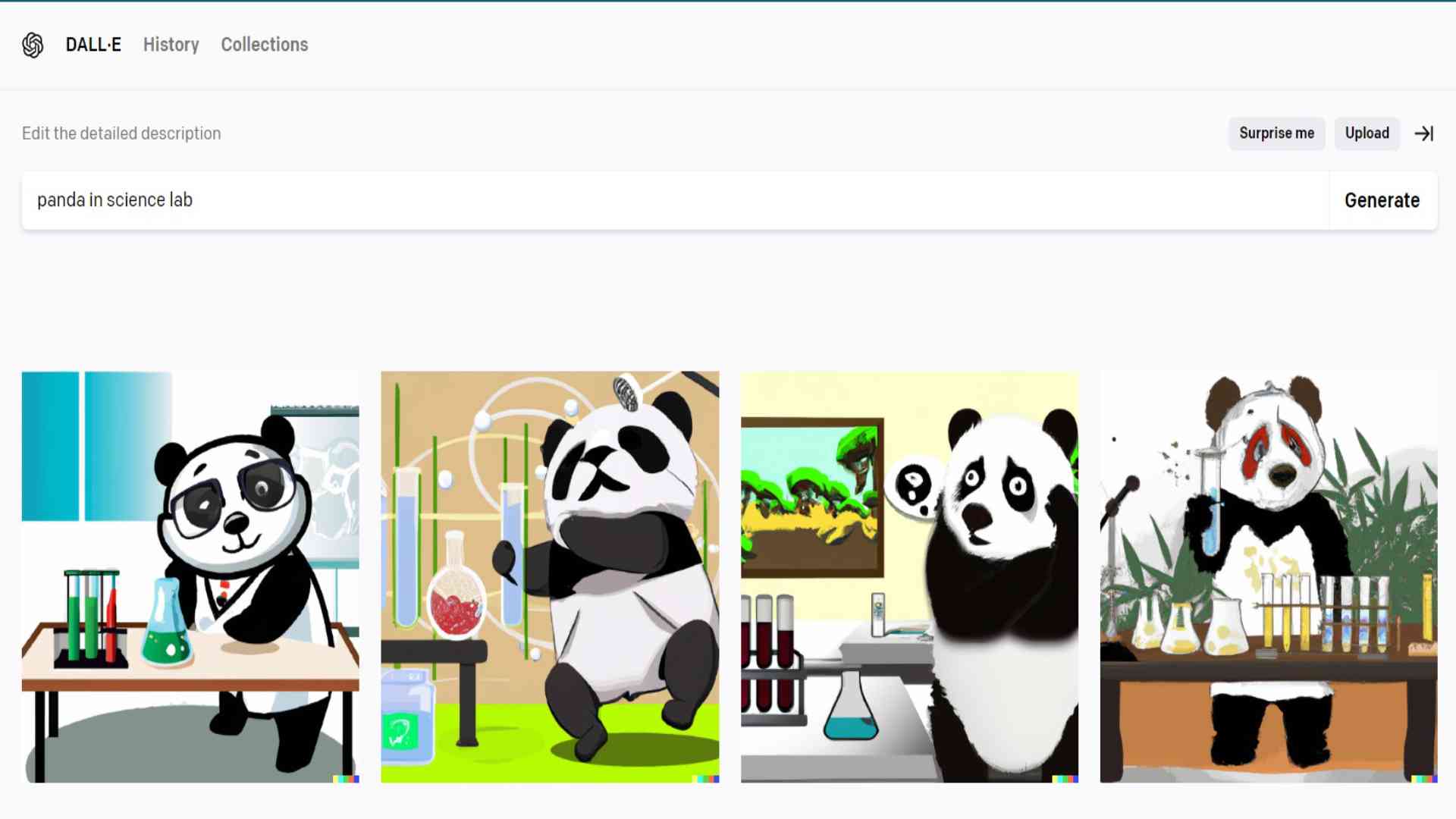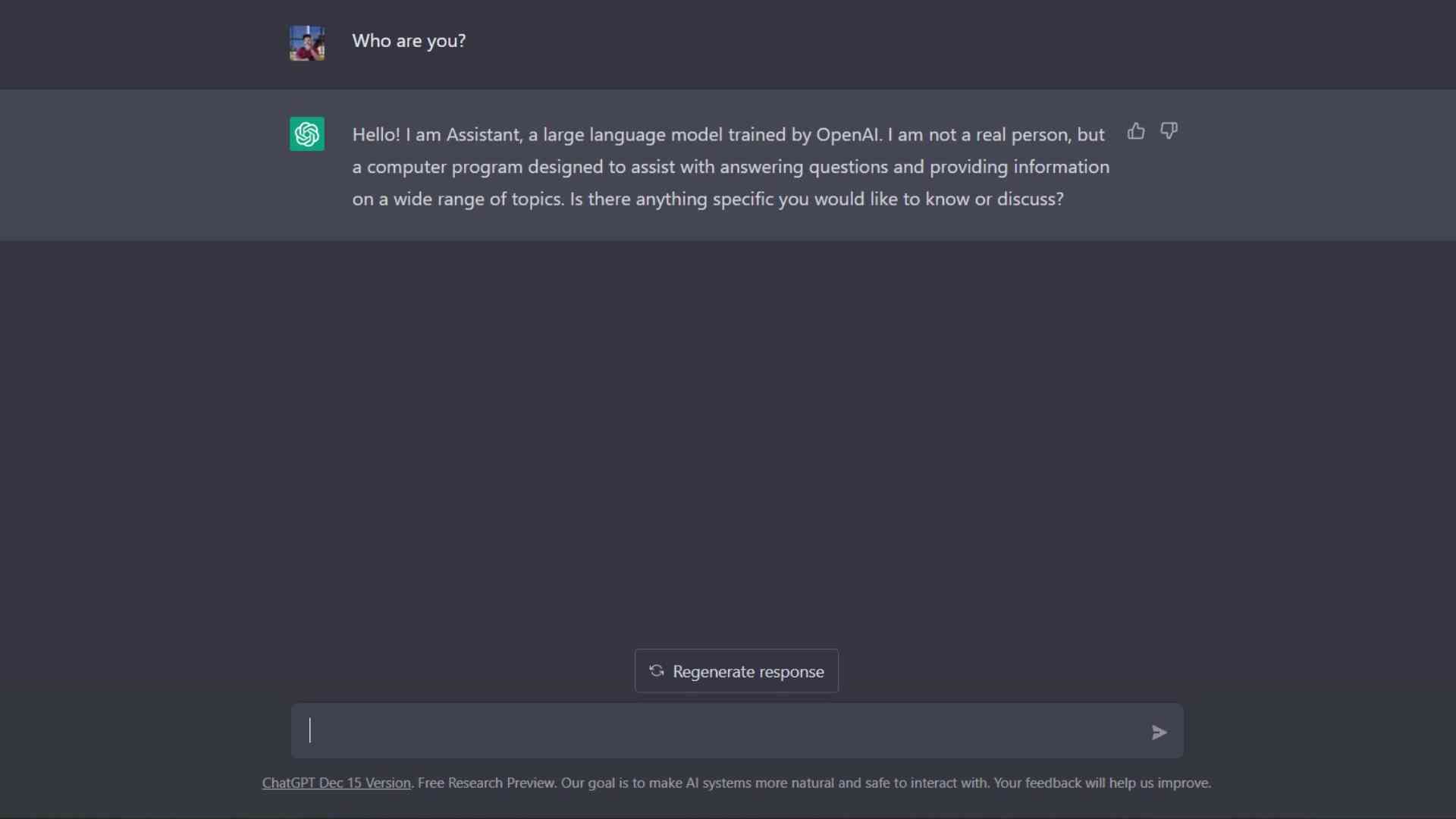- 22nd Jan, 2025
- Aarav P.
How Artificial Intelligence is Changing the World
28th Dec, 2022 | Rohit M.
- Artificial Intelligence

Can AI Really Change the World?
With the rapid development of AI (artificial intelligence), it's no surprise that this technology profoundly impacts our world. AI is changing how we live and work, from self-driving cars to personal assistant robots.
In this article, we'll explore more about the role of artificial intelligence in today's world. But before that, let's understand what it actually is.
What is Artificial Intelligence?
Artificial Intelligence is an area of computer science and engineering that creates intelligent machines with human-like capabilities. It enables computers to interpret their surrounding environment, sense when changes occur, and act autonomously without needing to be explicitly programmed.
Artificial Intelligence has revolutionized our world recently, from improving healthcare diagnostics to increasing car safety.
By leveraging large datasets and powerful algorithms, AI systems automate processes otherwise impossible for computers to do.
In addition, artificial intelligence has enabled machines to learn from past experiences and apply that knowledge to solve new problems. For example, AI-powered robots can now accurately identify objects in images and videos.
Furthermore, machine learning algorithms are used in healthcare applications such as diagnosing cancer.
Artificial Intelligence is a rapidly growing field with many potential applications across multiple industries. With the right tools and technologies, organizations of all sizes can tap into the power of AI to increase efficiency, reduce costs, and improve customer experience.
How did Artificial Intelligence Evolve?
Artificial intelligence technology has undergone a remarkable evolution since it first appeared. In 1950, Alan Turing addressed whether computers could think with his paper "Computing Machinery and Intelligence," kickstarting AI research. The actual emergence began in 1956.
Since then, many of the most significant artificial intelligence milestones have been associated with machine learning (ML), a kind of artificial intelligence that allows computers to learn from data without being explicitly programmed.
ML algorithms can recognize patterns in vast quantities of data and can be used for classification, prediction, optimization, and more.
In recent years, deep learning (DL) advances have enabled machines to tackle tasks previously thought impossible. Deep learning uses neural networks—an artificial neural networks modeled after the human brain—to process data.
DL algorithms can learn from data more quickly and accurately than ever before, leading to breakthroughs in image recognition, natural language processing (NLP), voice recognition, and other areas.
Top Innovative AI Tools
1. OpenAI
OpenAI is an artificial intelligence research laboratory founded by tech titans Elon Musk, Sam Altman, Greg Brockman, and Ilya Sutskever in 2015. Its mission is to advance digital intelligence in the way that is most likely to benefit humanity as a whole.
OpenAI focuses on researching and developing safe Artificial General Intelligence (AGI). AGI is defined as the development of computer systems that can successfully perform any intellectual task that a human being can do.
OpenAI's three major technologies are:
Ⅰ. GPT
OpenAI's GPT-3, or Generative Pre-trained Transformer 3, is a powerful language processing model. It is the latest in a series of GPT models, following GPT-1 and GPT-2. Unlike its predecessors, GPT-3 ('s) capabilities go beyond understanding basic language structure and can generate human-like text from a given prompt.
This makes it an invaluable tool for natural language processing tasks such as summarization, question answering, and text generation. As well as accurately predicting the next word in a sentence or providing accurate translations between languages, GPT-3 can create new pieces of writing based on a given prompt.
Ⅱ. DALL·E
DALL·E is a powerful AI art generator model from OpenAI that generates stunning images based on text captions. Using natural language processing, DALL·E can take any caption and create a unique image to match it.

The possibilities of what you can create with DALL·E are limitless - the AI generated images of everything from dinosaurs to abstract artworks. With its impressive capabilities, DALL·E shows just how far computer vision and artificial intelligence have come in recent years.
Ⅲ. ChatGPT
ChatGPT is a unique natural language processing model developed by OpenAI and released on 30th November 2022. It combines the power of deep learning and neural networks to create an AI-driven chatbot that can have natural conversations with humans.

Moreover, ChatGPT is an example of how artificial intelligence can be used to improve our lives. It is a powerful tool that can help boost productivity and efficiency, allowing us to get more done in less time.
ChatGPT is an upgraded version of GPT3, which OpenAI refers to as GPT 3.5. The major difference is that they have included human feedback in the training phase, known as supervised reinforcement learning.
For example, ChatGPT can be used to build intelligent chatbots that understand user questions and provide accurate responses. It can also be trained to detect when a user makes an incorrect assumption or statement and correct them with additional information.
This resulted in a new startup called "Do not pay" which is about to be launched and is based on chatGPT. Their creators refer to it as the world's first robot lawyer. It automatically assists customers in filing complaints, canceling subscriptions, and other tasks, in addition to saving countless hours of research.
OpenAI has made huge strides in the AI world since its launch. From raising an impressive one billion from Microsoft to having a current valuation of 20 billion, this is setting itself up for success.
Even more impressive is the rapid growth of its chatGPT. In just five days after its release, it gained over 1 million users. This incredible feat speaks to the OpenAI quality and efficiency.
2. Chatbot
A Chatbot is an increasingly popular software as it offers a convenient way to provide customer service while reducing operational costs. Chatbots use artificial intelligence technology to understand user input and respond accordingly, allowing customer conversational interactions.
By automating simple tasks such as answering basic queries and providing personalized recommendations, chatbots can help improve customer experience by providing quick and accurate responses.
In addition, chatbots can be used to collect data from customers that can be used to customize their experiences in the future further. With the right combination of AI technology and human input, businesses can harness the power of chatbot technology to drive better customer engagement and loyalty.
3. Seamless AI
Seamless AI is the ultimate way to get your business running at its fullest potential. The comprehensive suite of products and services includes a wide range of innovative solutions that can help you streamline your operations, increase efficiency, and stay ahead of the competition.
Seamless AI has you covered everything from lead generation to data analytics to customer relationship management.
4. Olive AI
Olive is working to revolutionize healthcare through intelligent automation. By leveraging sophisticated AI technology, Olive helps healthcare organizations, providers, and staff overcome cumbersome manual processes and reduce tedious administrative tasks.
It automates mundane tasks and gathers insights from across the industry to p rovide actionable intelligence that enables organizations to make smarter decisions faster.
With Olive's help, healthcare teams are liberated from legacy systems and freed up to focus on what matters most: providing quality care to patients.
5. Uberduck AI
Uberduck AI is a text-to-speech (TTS) voice-generating website that adds a unique and personal touch to audio recordings. It offers a variety of voices to captivate the audience.
With Uberduck AI, the user has full control over each voice's tone, speed, and style, giving the power to create exactly what is needed without outsourcing expensive voice talent.
6. Jasper AI
Jasper is the perfect tool to take content marketing to the next level. With its AI-powered technology, users can create high-quality copy quickly and easily.
Whether it's a blog post, social media content, or marketing copy, Jasper will ensure that every word is suitable for your audience. Its intuitive interface allows for personalized customizations and editing so that you get exactly what you need in no time at all.
7. DeepAI
DeepAI is the leading provider of AI-powered solutions for businesses and organizations. With a suite of powerful tools, DeepAI is a stunning ai image generator using text.
DeepAI users quickly create, deploy and manage intelligent applications that can take on complex tasks such as object recognition, natural language processing, image colorization, and more.
8. Voiceii
Voiceii is an intelligent chatbot that enables users to have natural conversations in multiple languages. The process begins with the user giving a query or command, which is then translated into English via Google API and converted into tokenized words.
Voiceii then matches the input to any answers defined within its system. Doing this allows for flexibility with user responses and ensures that conversations can flow naturally between users and the bot.
What really sets Voiceii apart from other chatbot systems is the range of languages it supports; currently, 15 language options are available, with English as the base language.
Voiceii uses Natural Language Processing to process queries and generate appropriate responses to ensure each conversation stays accurate. This helps create a seamless and engaging experience for users, regardless of their language.
9. Lensa
Lensa is an AI-driven platform that transforms your photos and makes them stand out with its advanced image editing tools.

It offers various features, including improving facial retouching, adding a stylish border, applying unique filters and effects, tuning the background and foreground, and perfecting facial imperfections.
Can AI Generated Art be Used as NFTs?
NFTs, or Non fungible tokens, are digital assets representing ownership of a unique asset on the blockchain — including artwork created by artificial intelligence.
The emergence of AI generated art has opened up a new realm of possibilities for NFTs. It is created by algorithms that create pieces entirely from scratch.
It often takes on an abstract style but can also be highly complex and detailed depending on the type of algorithm used to create it.
It, therefore, has the potential to produce some magnificent artworks that can then be sold as NFTs via auction or direct sale.
Will Artificial Intelligence Replace Humans?
In some cases, AI may replace humans in tasks requiring logical reasoning or calculations. This can include certain jobs such as accounting, data analysis, and basic customer service tasks.
However, artificial intelligence is not yet fully advanced enough to replicate various human functions. Complex tasks involving creativity, intuition, and empathy are still best left to humans for the time being.
It often takes on an abstract style but can also be highly complex and detailed depending on the type of algorithm used to create it.
Moreover, AI cannot adjust its behavior when presented with unexpected changes, which can limit its potential applications.
Is AI Generated Art Copyright-free?
The answer to this question is complicated. AI generated works are protected under copyright law in most countries, but the laws governing the protection of such works vary from country to country.
In the U.S., for example, AI generated content may be eligible for copyright protection if it meets certain criteria, like being independently created and having minimal human input.
This means that if an AI algorithm is used as part of the creative process – for example, to generate lyrics or write poetry – then its output may be covered by copyright law.
AI Technologies Influencing Our Future
AI technologies are on the rise and will continue to shape our future in many ways. It can help us make faster, more informed decisions and reduce human labor by automating routine tasks.
This further increases efficiency saves time and resources and creates a more productive workforce.
Artificial intelligence also has the potential to revolutionize healthcare by improving diagnosis accuracy for disease detection and providing personalized treatments tailored to individual patients' needs.
Additionally, it can provide more accurate weather forecasts, enabling us to better prepare for natural disasters such as floods or storms.
Furthermore, artificial intelligence could be leveraged in automated vehicles to improve road safety and reduce traffic congestion.
Ultimately, these technologies have tremendous potential to enhance our lives in many ways, and we are just beginning to explore the possibilities.
More blogs in "Artificial Intelligence"
- 27th Jan, 2025
- Rohit M.
Role of AI in Fraud Detection: Insights for 2025
- 17th Jan, 2025
- Aanya G.
AI in Construction: Guide to Building Smarter in 2025
Join our Newsletter
Get insights on the latest trends in technology and industry, delivered straight to your inbox.









